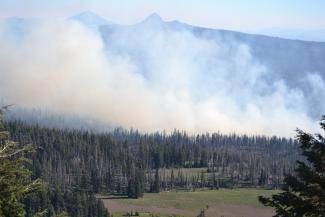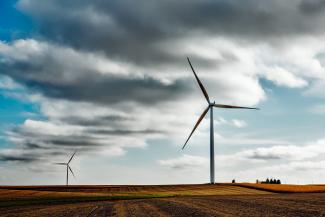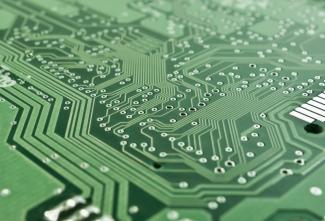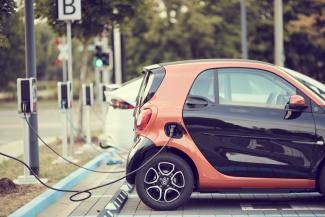As AI Proliferates, Environmental Protection Hopes and Fears Rise
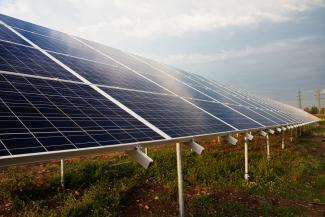
In recent years, Artificial Intelligence (AI) applications have rapidly become more sophisticated and widespread, “even as legal and regulatory frameworks struggle to keep up.” Moreover, AI’s often-overlooked environmental implications are simultaneously “sweeping and quite complicated,” and for all of its promise to help improve the environment, AI could in fact cause environmental harm. With those framing remarks, Andrew Tutt, a Senior Associate with the law firm Arnold & Porter, opened a February 18 webinar on “Environmental Applications & Implications of Artificial Intelligence,” the third in ELI’s GreenTech series running through 2021.


